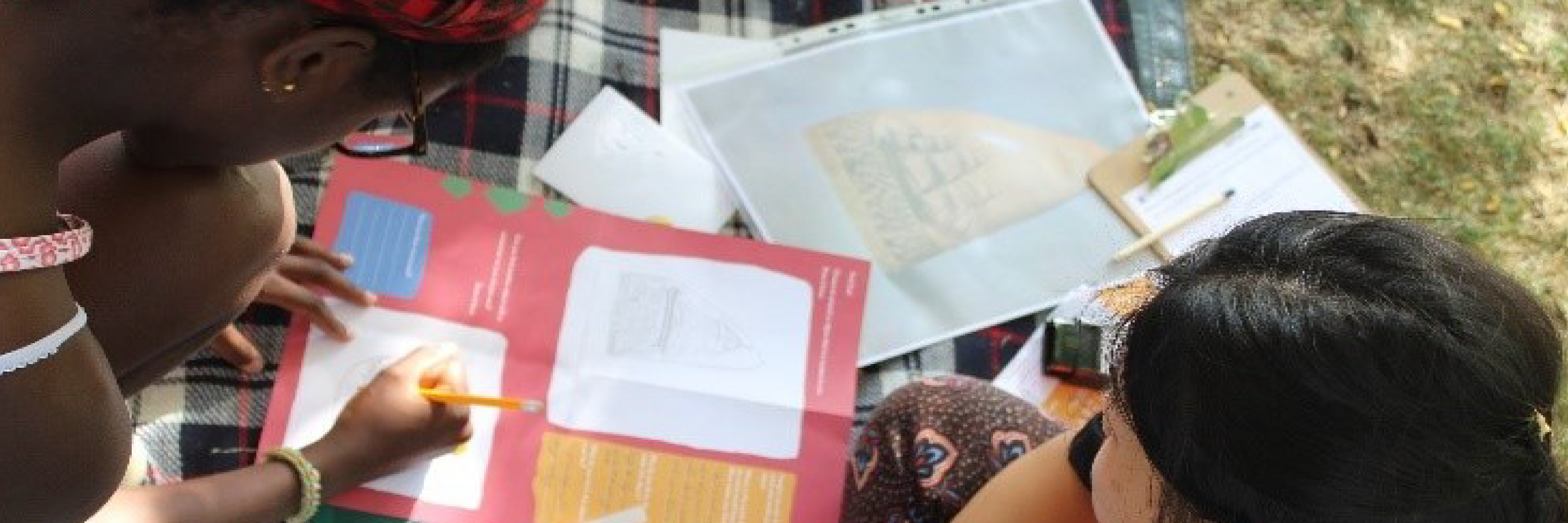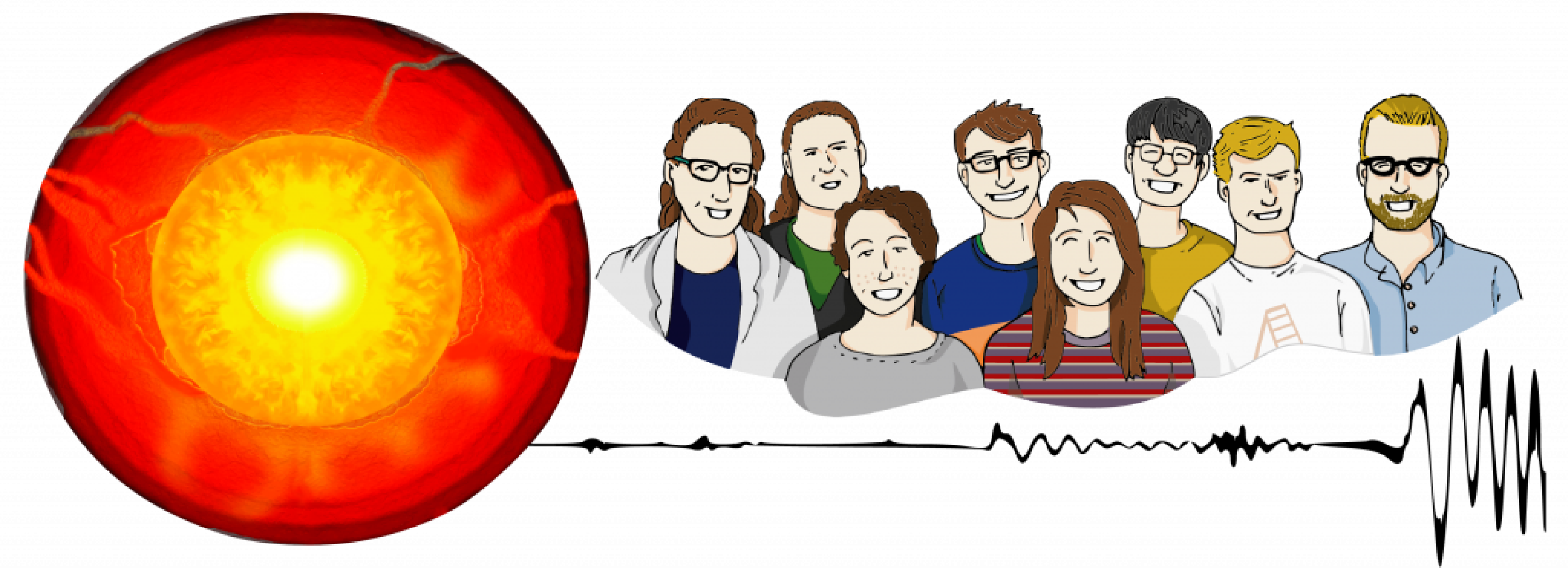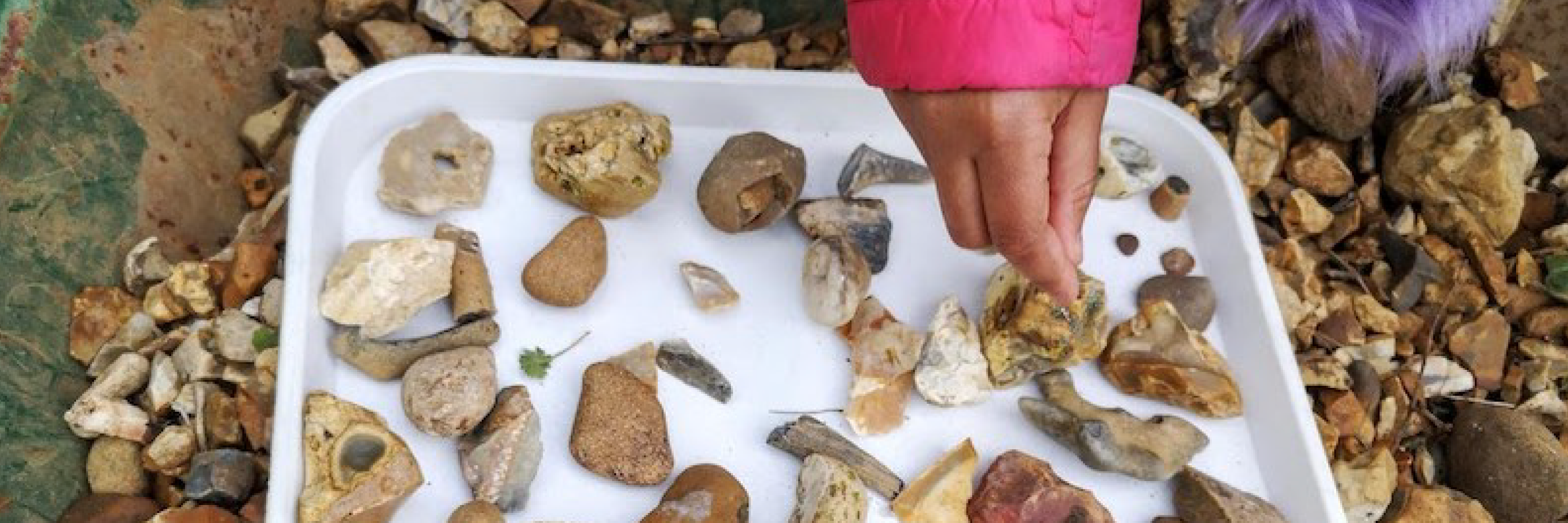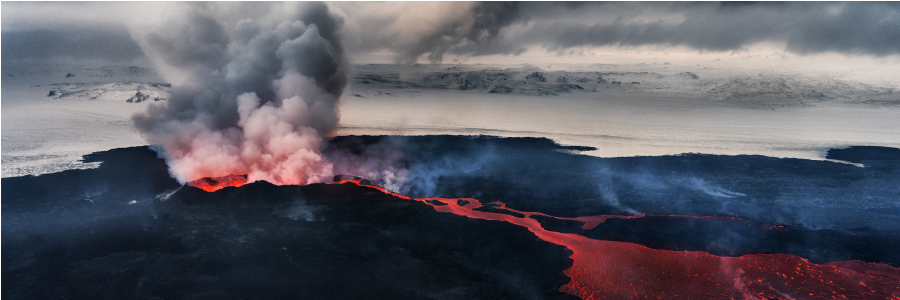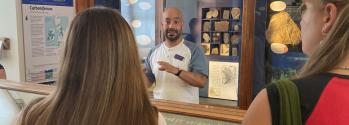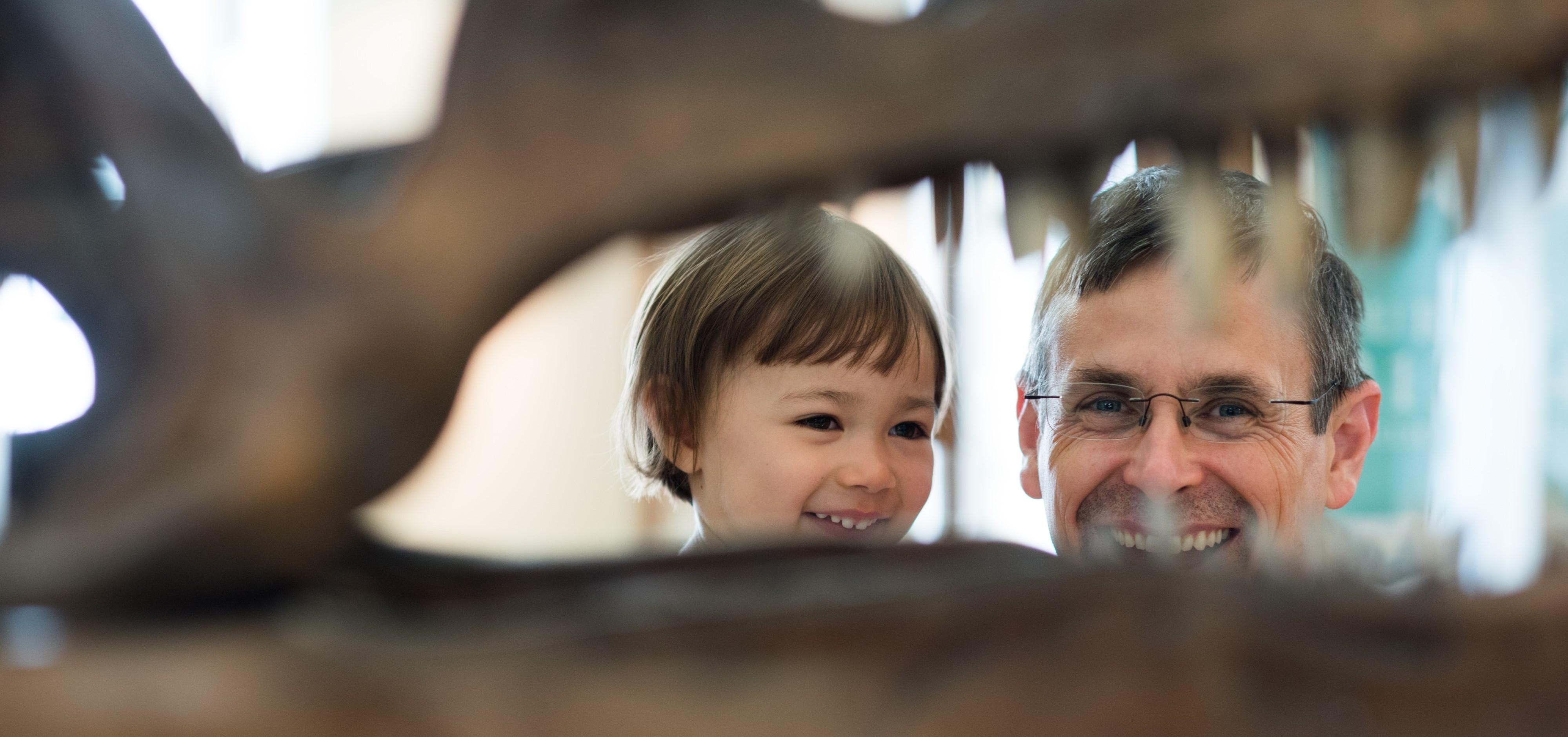
Earth Sciences brings together Physics, Chemistry, and Biology in the greatest natural laboratory of all – our planet! Our ambition is to understand the way the world works in order to tackle some of the most important topics influencing our society; from climate change to the green energy transition and environmental hazards. There’s never been a more important time to explore and learn about Planet Earth!
We aim to share our fascination with the natural world, and invite members of the public to be a part of scientific developments and discussion at the forefront of our discipline. Academics and students from the Department engage in a wide range of outreach activities with the goal of informing and enthusing children and adults, local and international audiences.
We are one of the few Earth Science Departments to be affiliated with a dedicated geology museum – The Sedgwick, which hosts more than 2 million rocks, minerals and fossils! This means we can offer a range of exciting resources and activities that cater for all age ranges and abilities.
Please get in touch if you have any outreach requests.
Some recent outreach highlights
Deep Earth Explorers
Explore Earth’s interior with this online interactive exhibition. Co-created by a team of researchers and outreach experts from the Department of Earth Sciences and Sedgwick Museum, together with input from the public, this exhibition enables visitors to see deep into the Earth, and find out about the people who use earthquakes to understand what happens deep below the Earth’s surface. Turn the pages of a 3D Earth model, make the Earth’s mantle move with playful swells of convection; and trigger seismic waves that ripple throughout the Earth.
The Deep Earth Explorers research team have also put together this package of teaching resources. Aimed at KS3 (11-14 years) and KS4 (14-16 years) students, these seismology and Earth structure themed lessons are built around key concepts covered in maths and science syllabuses. Resources were designed alongside high school teachers, students, outreach experts and scientific researchers to bring together accurate, relevant scientific concepts in fun and interactive ways.
Subject Masterclasses
Our Earth Sciences Masterclasses are aimed at academically-able Year 12 students from any school or college and offer students a flavour of Undergraduate study, together with an introduction to the University of Cambridge. In the past our lecturers have given talks on a range of geoscience themes, from understanding Earth’s climate and carbon cycle to monitoring volcanic hazards. You can find details of future Earth Sciences Masterclasses on the University's Subject Masterclasses page, including how to book a place.
Gravel Hunters
You don't need to go far to find fossils… you can even go fossil-hunting in your back garden or local park. The flint gravel on your driveway might not look that interesting, but it’s likely a treasure trove of creatures that once lived in warm, shallow seas millions of years ago. The Sedgwick Museum have produced a short film introducing common fossils you can find in gravel, which you can follow along at home with this downloadable fossil identification sheet. Gravel Hunters has proved popular with teachers and families - through social media engagements the Museum were able to help families with fossil identification even when closed.
Explosive Earth online activities
The Cambridge Volcano Seismology group explores many applications of volcano seismology, from what we can learn about movement of magma in the Earth's crust and rift zone dynamics, to the very structure of the Earth itself.
In this set of carefully curated and beautifully illustrated online resources, you can learn all about the 2014 Bárðarbunga-Holuhraun eruption in Iceland, and discover fascinating facts about earthquakes and volcanoes. Learn more about what it means to be a Volcano Seismologist, and explore a variety of online activities, including lava-flow and volcanic island simulation games!
This is just a small amount of outreach we do. To keep up to date with our latest events follow us on Twitter via @EarthSciCam and Instagram @CambridgeEarthSciences, or the Museum via @SedgwickMuseum (Twitter) or @SedgwickMuseum (Instagram)

